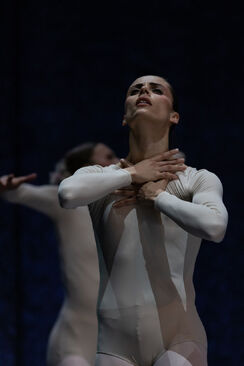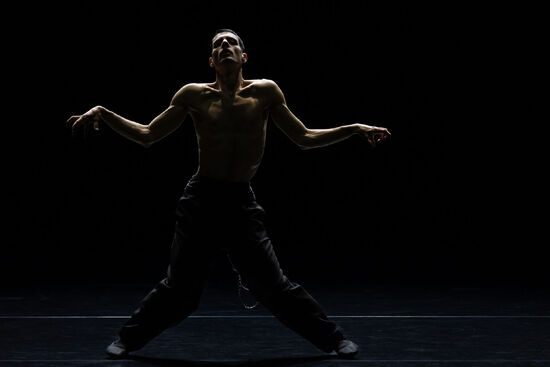The Seven Sins – Gauthier Dance Offers a Modern Take on an Ancient Concept
In an ever more secular and indulgent world, we often forget about the moral values that our society was built on. Stuttgart’s second biggest dance company asks us to remind ourselves of these values, as well as to examine their relevance in our modern lives.
Documentaries that make the dance world accessible and appealing to wider audiences are hardly seen in mainstream media today – this is why I was very happy to discover Dance Around the World, a docu-series commissioned by German TV channel 3sat, also available online. One of the main reasons that this show is so entertaining is its rock star-like host: Eric Gauthier, head of Gauthier Dance, the resident dance company of Theaterhaus Stuttgart.
In the series, Canadian-born Gauthier, with his whirlwind energy and endearing German accent, takes viewers on a journey to places with some of the liveliest dance scenes in the world: to Tel Aviv, the Netherlands, and St. Petersburg (recorded before the war) in the first, and to London, Cuba, and Montréal in the second series. He introduces young talents and interviews great masters whilst occasionally dancing through the streets or performing a routine on a bridge with a fellow dancer. After all, this programme is all about the joy of dancing. This visible and contagious passion for his art form is also probably the reason why Gauthier Dance, which celebrated its 15th birthday this spring, quickly became known as one of the best (and if I may say so: one of the coolest) contemporary dance companies today. This might also be the reason why seven of the current most renowned choreographers agreed to work for him on an exciting venture: to create a dance evening around Roman Catholic theology’s seven deadly sins. The concept is simple: one choreographer – one sin – one étude.
The rock-star attitude comes across live as well, during Gauthier’s welcoming speech at Festspielhaus St.Pölten, he wins over his audience in seconds rather than minutes. (“And I’m not even on fire today”, he laughs.) He asks us not to compare or commensurate the seven short pieces with each other, but rather to try and regard the evening as a whole. I must admit I would have found it difficult had I just been a ‘regular’ spectator, but being ‘trained’ to analyse and judge, I found it impossible. I’m afraid I am about to commit sin here (though maybe not a deadly one).
The Seven Sins, acknowledging that the concepts around these sins were formed a very long time ago, promises to examine their relevance in modern society. But everything else is up to each individual choreographer, and they take very different approaches. Sasha Waltz, who, according to Gauthier, was very firm in her choice to handle wrath, takes the most banal expression of anger – screaming – and choreographs an aggressive and violent duet around it. In it, the two dancers repeatedly attack and jump on each other, trying to release their frustration through mindless rampaging, sometimes seemingly pleading with a higher power. The impact is supposed to be strengthened by two huge speakers which emit deafening sounds and which the two dancers (a mixed couple, but on other nights a male or a female duo) dangle around on a long chord at the height of events. My confrontation with Waltz’s vision left me exhausted – and a little angry.
Volume is the primary device employed in Hofesh Shechter’s take on lust as well: as usual, he composed the music himself, but this time both the somewhat maddening soundscape and the rather incoherent choreography left me underwhelmed. Shechter’s group of people clad in white seem to be horrified by the state of things (society?): a slow-motion version of his signature vocabulary is interspersed with frightened looks, covered mouths, pointed fingers, choking gestures, and – again – screams. The scene ends abruptly when the men of the group start crawling towards the women who lie on the floor with their legs spread.
Form is also stronger than content in Sidi Larbi Cherkaoui’s piece about greed, although he has proven several times that he can be the master of both. He doesn’t deny us his fluid, unique dance style that is so pleasing on the eye this time either. However the voiceover about the Buddhist concepts of attachment and suffering, the dancers’ speech about the toxic power of money, and the items of clothing made from paper bills that they put on just don’t add up to anything as profound or original as we have come to expect from him.
On the other hand, Aszure Barton’s male duet in sloth is a whole mood in of itself: the two dancers are excellent as they constantly try to animate themselves or each other, but instead end up melting, collapsing, slowing down or pausing – a sharp observation of a society that constantly needs to take a rest.
Sharon Eyal is known for choreography that wouldn’t be out of place at any rave party, but in her étude on envy she adds a graceful twist to her movement style, and in doing so, suddenly evokes delicate ballerinas. From the three girls on the stage, one is always left out, pushed away – there’s a whole lot of tension and a great deal of competition going on under the pretty surface that Eyal uncovers with a hint of humour.
Pride isn’t necessarily considered a sin nowadays, on the contrary: in many contexts, it is encouraged. Marcos Morau’s Hermana cleverly shows both sides of the coin. His quintet of women, with their strict, forceful moves and their synchronised shouting can remind us of both factory workers and participants in a religious ritual equally. In any case, the women are so powerful, so determined, so free of doubt that they look like they could rule not only the stage, but the whole world. Yes, it's impressive – but also unsettling. This kind of force can be used with both good and bad intentions.
Marco Goecke has probably had enough opportunity to contemplate notions of sin after he smeared dog faeces on a dance critic’s face this February and was subsequently relieved of his position as director of the Hanover State Ballet. But his piece on gluttony, titled Yesterday’s Scars and choreographed for the most part to a song by The Velvet Underground, was completed before all that. Originally, the concept of gluttony only referred to food, but Goecke takes it further and links it to other things we devour excessively in modern society: for example, drugs and alcohol. His male solo dancer is kind of a rock star; Gauthier promises us a young Freddie Mercury-like character, and indeed Luca Pannacci looks a bit like him with his dark hair and thin moustache. But his small, sudden, nervous moves, the swings of his hips, the hyperactivity of his presence give off strong Mick Jagger vibes too. His precision, his devotion, the manic but confident glow in his eyes is astonishing, as we watch him become increasingly consumed by whatever he has consumed. He stands out among an altogether strong and dedicated cast of dancers, and, together with his choreographer, wins the night for me. Yes, I know it wasn’t a contest, but each one of the seven choreographers has such a strong and unique style, that I ended up appreciating the performances individually, rather than as pieces of a bigger picture. I can only hope that Eric Gauthier will forgive me.
Written from the performance of the 6 October 2023, Festspielhaus St. Pölten, Austria
The Seven Sins
Artistic Direction: Eric Gauthier
Choreography: Aszure Barton, Sidi Larbi Cherkaoui, Sharon Eyal, Marco Goecke, Marcos Morau, Hofesh Shechter, Sasha Waltz
Dance: Bruna Andrade, Louiza Avraam, Andrew Cummings, Anneleen Dedroog, Karlijn Dedroog, Barbara Melo Freire, Luca Pannacci, Garazi Perez Oloriz, Jonathan Reimann, Mark Sampson, Gaetano Signorelli, Izabela Szylinska, Sidney Elizabeth Turtschi, Giovanni Visone, Shawn Wu, Shori Yamamoto
Balletmaster: Luis Eduardo Sayago, Cesar Locsin
Company & Production Management: Inga Kunz
Company Coach: Egon Madsen
Artistic Direction Costumes: Gudrun Schretzmeier


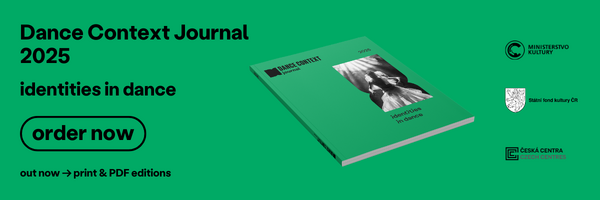

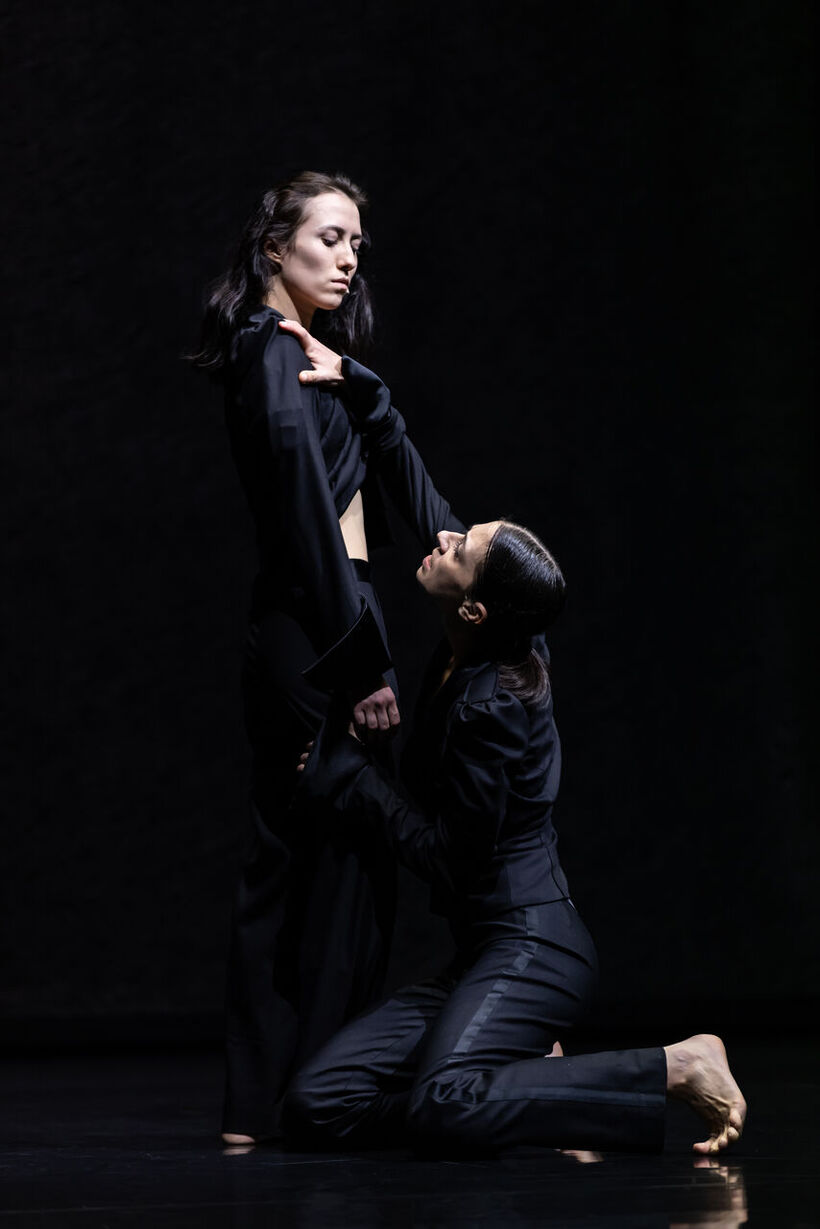.jpg)
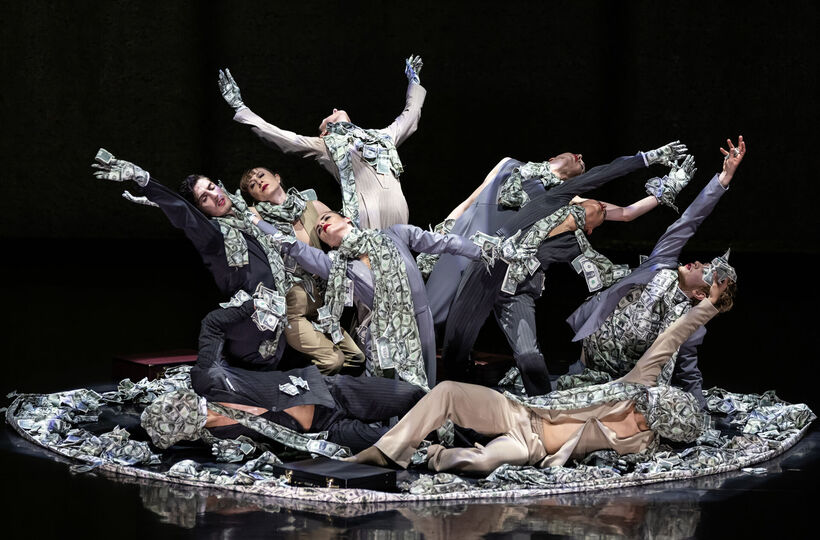.jpg)
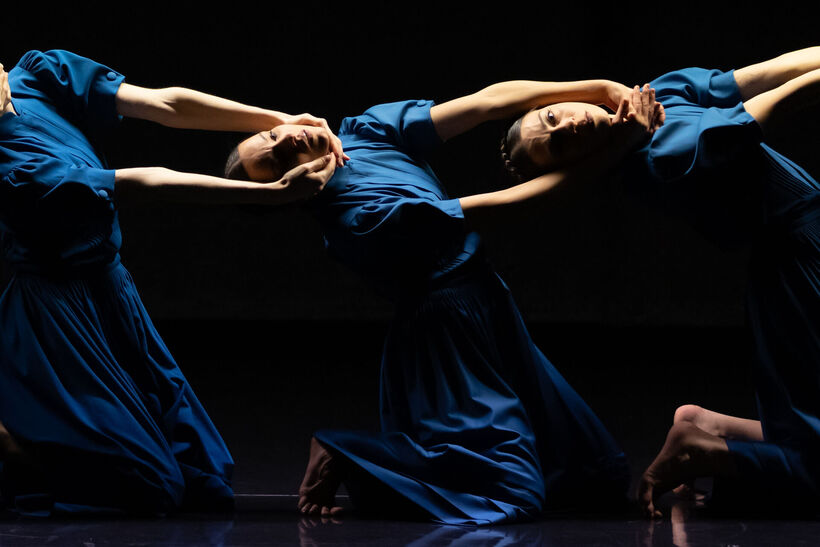.jpg)
